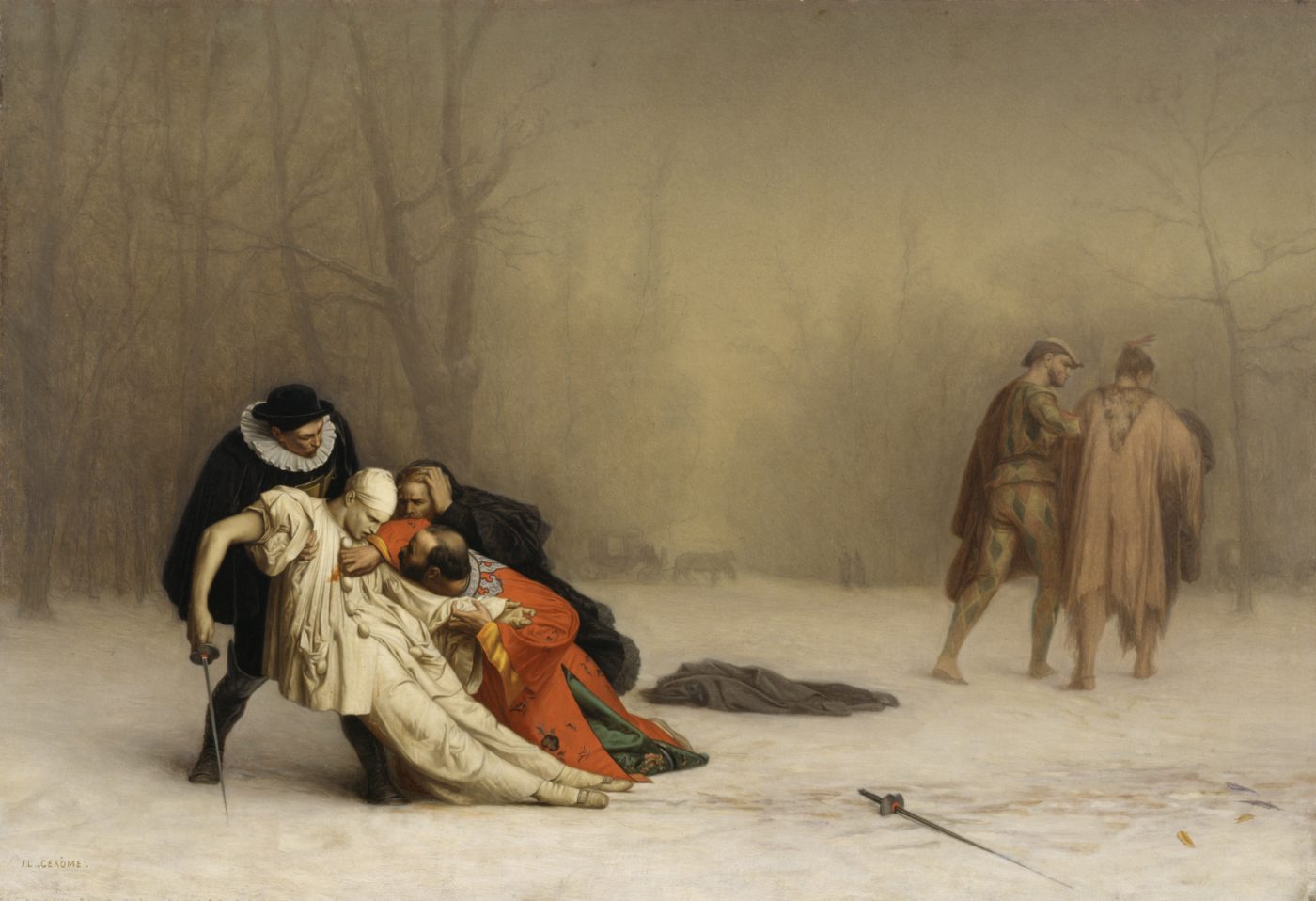Gospel Hour ~ A Capsule Book Review by Allen Kopp
Southern writer T. R. Pearson (born 1956 in Winston-Salem, North Carolina) has a writing style all his own, as you will know if you’ve ever read any of his books. It’s a style that might discourage a lot of readers, but if you persevere and don’t give up after a few pages, you get into the rhythm of the writing and find that it’s fun and not all that difficult to read. Some writers, such as William Faulkner, write such long, esoteric, cerebral sentences that it’s sometimes hard to understand what the man is saying; you might have to go back and break the sentence down into its separate clauses before you know what’s going on. While T. R. Pearson writes some very long sentences, he’s not as challenging to read as William Faulkner and you should be able to extract the meaning of his sentences at the first reading, as long as you are paying attention and don’t have too many distractions. Here is an example of one of T. R. Pearson’s sentences, from his novel Gospel Hour:
But she failed unaccountably to disclose to him just what precisely had transpired there in the sanctuary between the doxology and the bi-weekly prayer for the shut-ins which left Donnie Huff quite unable to anticipate the visit he received come Tuesday evening from a Laurel Fork delegation, the call he entertained from Mrs. Troy Haven and Mrs. Norma Baines and the Reverend Mr. Worrell’s wife Louise in addition to Miss Cindy Womble who’d seen fit herself to tote with her her sizeable hooters that Donnie Huff commenced straightaway to appreciate and know in his heart such gladness about that he left the ladies to stand for a time on the front slab while he simple gazed enchantedly through the screenwire until Opal Criner prevailed upon him to admit please the pack of them into the house.
And this is just one sentence!
Gospel Hour is a comic Southern novel about good-old-boy Donnie Huff who lives in a small house with his wife, Marie; his mother-in-law, Opal Criner; and his small son, Delmon. Donnie Huff is not very smart or ambitious. He swills beer and spends his evenings in front of the TV. He works as a lumberjack with a crew of other men just like him. One day when these men are poaching lumber (stealing lumber that doesn’t belong to them), Donnie Huff has an accident with a skidder (whatever that is) and ends up in the river upside down underneath the skidder. When his co-workers pull him out of the river, they believe he’s dead. After a couple of minutes, though, he revives. He has had, they believe, the rare experience of dying and being brought back to life.
Donnie goes on about his business and doesn’t think much about what happened to him in the river. All he saw, he says, were green spots. Nothing much to rave about. When his devoutly religious mother-in-law Opal Criner and other ladies of the church find out that he has had a dying-and-brought-back-to-life episode, they make it into a transformative religious experience. Egged on principally by his religious mother-in-law, Opal Criner, Donnie becomes convinced that he saw Jesus at the portal of heaven and that Jesus touched a “downy patch” on his arm. Suddenly Donnie, who never attracted much positive attention before in his life, becomes a celebrity. People begin donating money to his “ministry.” Donnie knows a good thing when he sees it. He’s tired of scratching out a living as a lumberjack. There’s real dough to be made as a minister. People want to be healed of their afflictions and they believe that touching the “downy spot” on Donnie’s arm that Jesus touched will do it for them. Donnie’s biggest sceptic is his droll wife, Marie. She’s mainly interested in decoupage and she’s not buying into Donnie’s sudden religious conversion.
Religion, as we see in Gospel Hour, is, in some (but not all) instances, a “business” whose main goal is reaping profits. When Donnie sees people in a tent revival who are sincerely crushed by grief, disappointment, and the general nastiness of life, his true conversion begins. He can’t really help these people by letting them touch the “downy spot” on his arm, he realizes, and he can’t fool them into believing he’s something he’s not. Even though he’s not very smart, he sees the phoniness in what he’s doing, and this, at the end of the novel, is his real moment of triumph.
Copyright © 2017 by Allen Kopp

